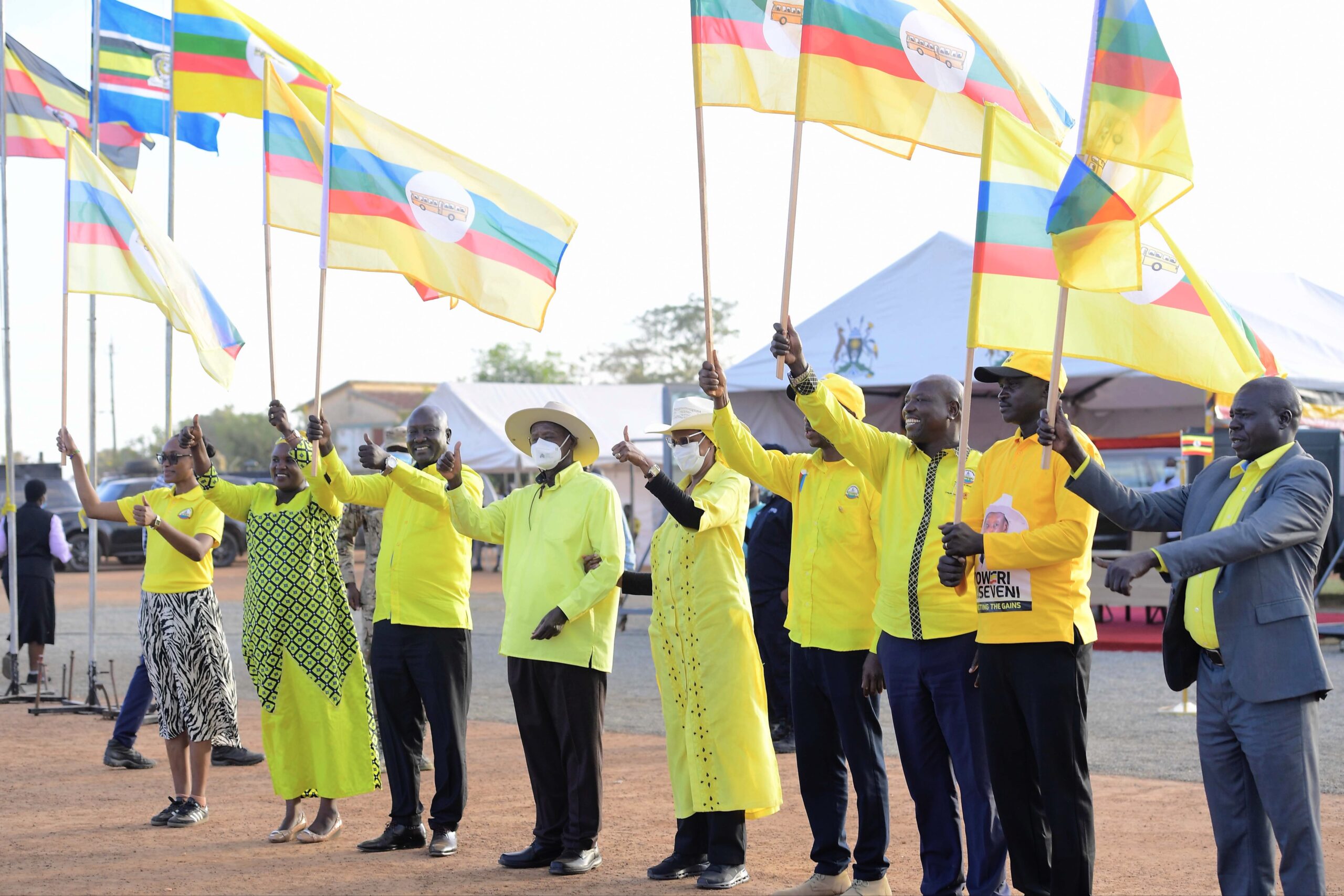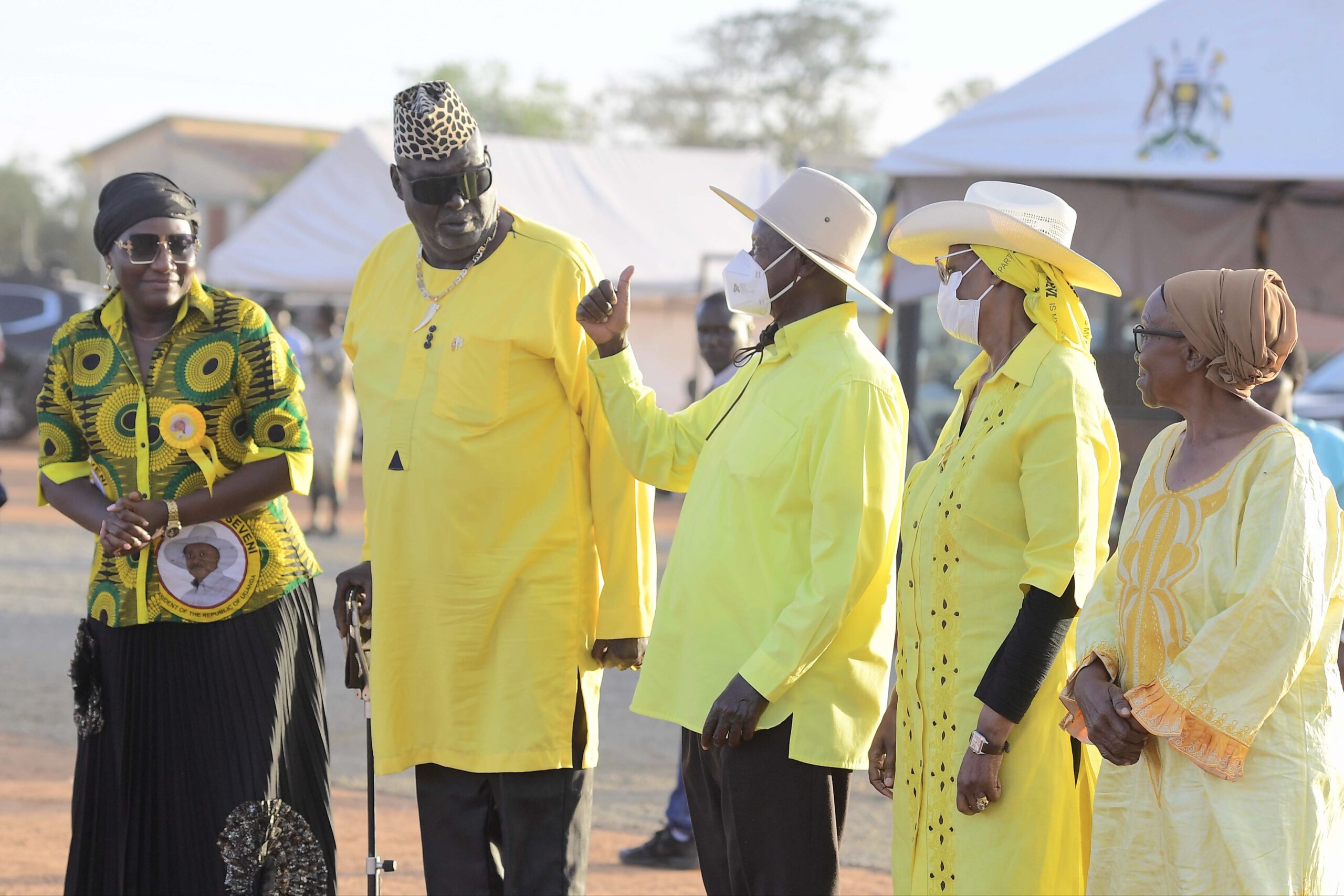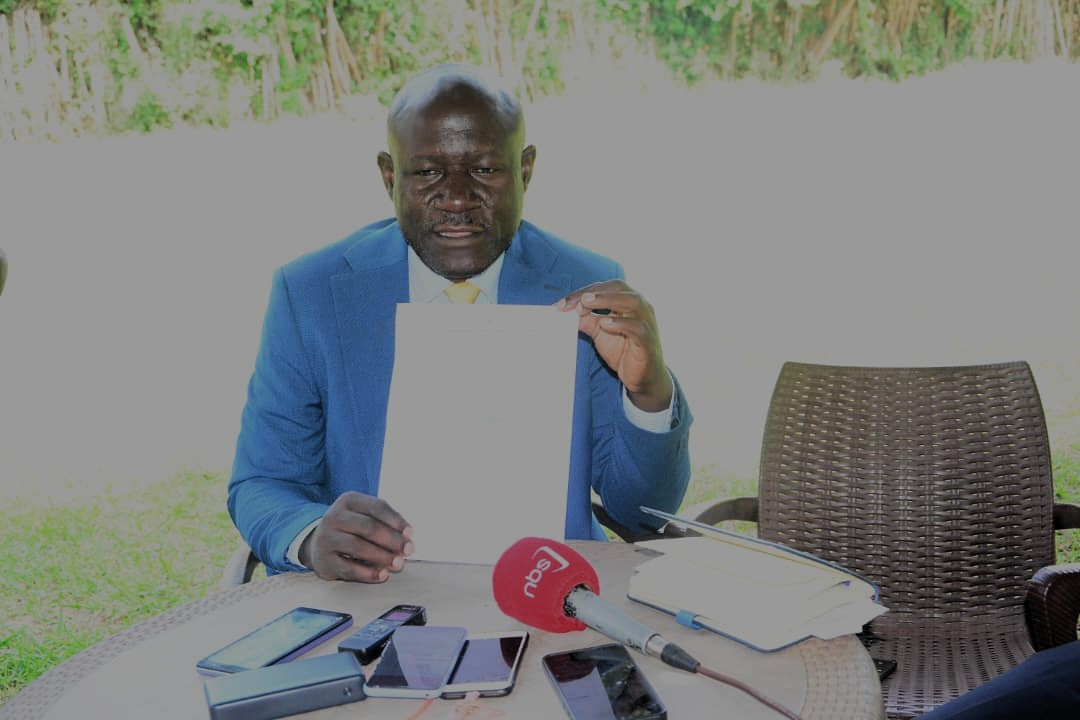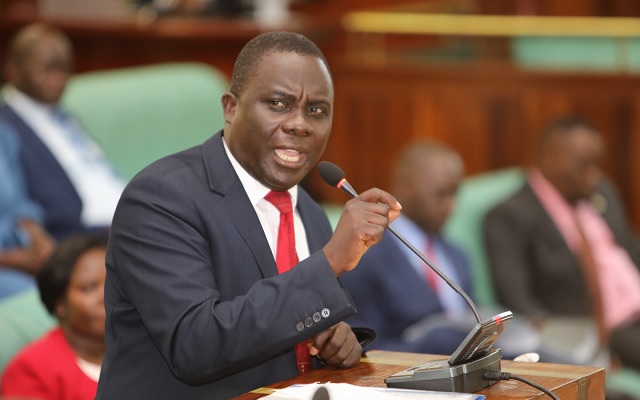Museveni vows to transform West Nile as 7th term campaign heats up

Maracha/Koboko, Uganda — President Yoweri Kaguta Museveni continued his campaign trail in the West Nile sub-region, addressing enthusiastic crowds in Maracha and Koboko as he seeks a seventh term in office. The long-serving leader highlighted the National Resistance Movement (NRM)’s achievements in infrastructure, education, and economic transformation, while promising to expand ongoing development projects if re-elected.
Speaking to supporters in Maracha, Museveni emphasized the government’s commitment to improving road connectivity across the region, despite limited financial resources.
“We had to struggle to tarmac Karuma all the way to Koboko, even when funds were limited,” he said. “We are now planning to work on the road from Atiak–Adjumani to Moyo, and the ones from Panyimur to Pakwach, then to Rhino Camp and Wanyara. The road from Terego to Moyo will also be developed.”
Museveni urged residents of Maracha to support the NRM to consolidate these achievements and accelerate further progress. He commended the people for their warm welcome, noting that the district currently boasts 62 government primary schools and 7 government secondary schools.
Reflecting on the importance of accessible education, the president criticized the reintroduction of school charges by some institutions, which he said undermines free education efforts. He reminded the crowd of his initiative to establish Presidential Skilling Hubs across the country, one per zone, aimed at providing free and practical vocational training for young Ugandans.
“Education and skills training can indeed be free and practical when managed properly and with commitment,” Museveni said.
In Koboko, President Museveni and First Lady Janet Kataaha Museveni were received with cheers as he praised the district’s transformation under NRM’s leadership. He highlighted key achievements under the Parish Development Model (PDM), where Shs18.2 billion has been disbursed to support over 18,000 households transition into the money economy.
On social infrastructure, Museveni reported that 79% of villages in Koboko now have access to safe water, and electricity has expanded to power homes, schools, and businesses. The education sector has also seen steady growth, with 59 government primary schools, 6 government secondary schools, and 2 new Seed Schools under construction to ensure each sub-county has one.
“Koboko’s transformation is proof of the NRM’s steady gains; building peace, expanding opportunity, and ensuring that every household can participate in Uganda’s growth,” he declared.
As Museveni’s campaign gains momentum, his message remains centered on continuity, stability, and inclusive development themes that have long defined his political strategy.





